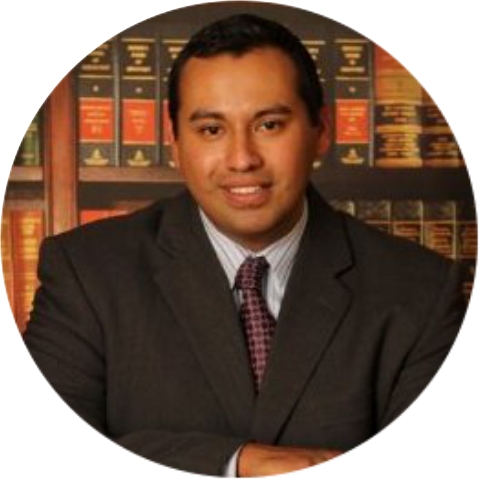Actually, Trusts
Yes, they use trusts for estate planning purposes. Confused about trusts? What is a trust? How will a trust benefit me? What different kinds are there? Time for answers.
Many of us may perceive trusts as a complex subject better left to wealthy people. However, a trust is simply a contract initiated by a grantor who agrees to transfer assets to a beneficiary, who then receives the assets as stipulated in the trust contract. A trustee, who may also be the grantor, manages the trust assets and ensures the stipulated terms of the trust are faithfully executed.
A trust is designed to help individuals manage a variety of family and tax-related estate planning concerns. Here are a few ways in which trusts can be used:
Revocable Living Trust. A revocable living trust is an estate planning trust that deeds property to an heir but allows the grantor to retain control over the property during his or her lifetime. Upon the grantor’s death, the property passes to the beneficiary, avoiding probate, which is the judicial process wherein a court appoints an executor to carry out the provisions of a will. While the revocable living trust does not provide tax savings for the grantor during his or her lifetime, the trust becomes ‘irrevocable’ upon death, and the beneficiary is then entitled to tax advantages.
Irrevocable Living Trust. An irrevocable living trust is an estate planning trust wherein the grantor does not retain control of assets or property. Through the transfer of assets or property into the trust, the grantor may be eligible for certain tax savings. An irrevocable living trust may also be used to avoid probate.
Irrevocable Life Insurance Trust (ILIT). An irrevocable life insurance trust is designed to provide tax savings through the ownership of a life insurance policy. Assets in the trust are generally not considered part of the grantor’s estate. ILITs may be funded or unfunded. With a funded ILIT, income-generating assets are transferred into the trust, and the generated income is then used to pay the premiums on the life insurance policy. With an unfunded ILIT, the grantor makes yearly gifts to the trust, and this money is then used to pay the premiums on the life insurance policy.
Credit Shelter Trust: A credit shelter trust, also called a bypass trust, is an estate planning tool used to protect assets from successive estate taxes. While current law permits an unlimited amount of assets and property to pass to a surviving spouse without being subject to Federal estate taxes, children and other beneficiaries must pay taxes for inheritances valued in excess of the applicable estate tax exclusion amount. If a married couple wishes to take advantage of a credit shelter trust, they generally arrange for certain assets to pass into the trust for the benefit of the surviving spouse, rather than passing all assets directly to the spouse. This trust, which would not be considered part of the surviving spouse’s estate — and generally does not exceed the applicable exclusion amount — may pay the surviving spouse income for life and then, upon his or her death, may pass to a beneficiary, such as a child, free of estate taxes if under the exclusion limit. In addition, the gross estate of the surviving spouse upon his or her death could pass to the same beneficiary.
Charitable Remainder Trust (CRT): A charitable remainder trust is an arrangement in which assets are donated to a charity but the grantor continues to use the property and/or receives income from it. A CRT may allow the grantor to avoid capital gains taxes on highly appreciated assets; receive an income stream based on the full, fair market value (FMV) of those assets; receive an immediate charitable deduction; and ultimately, benefit the charity of his or her choice.
Dynasty Trust: This trust is often used by individuals to pass wealth to their grandchildren free of generation-skipping transfer taxes.
A trust can be an effective way to accomplish your long-term estate planning goals, but often involve complicated tax laws. Consult with your tax and legal professionals about your particular situation and how a trust may enable you to share your wealth with family, friends, or charities.
Co-authors:
Marco Sanchez is an attorney practicing both in Nevada and Texas. He loves trusts.
R. Kenner French has written two books, speaks all over the country, and lives on an island — Bainbridge Island, WA.
Kellen French is an early stage entrepreneur researching and preparing his first trust.





































